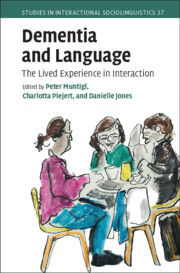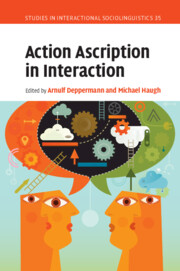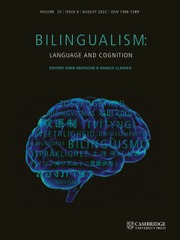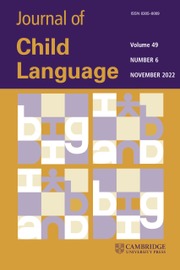Interaction in Psychotherapy
The therapist-client relationship in psychotherapy is considered one of the most important factors in promoting well-being and facilitating change in clients. This pioneering book provides a novel perspective on relationships by focusing on how they are accomplished through client-therapist interactions. Drawing on the key concept of affiliation from conversation analysis, it provides new insights into how therapists and clients forge affiliations in the course of therapy and how therapists successfully re-establish affiliation with their clients following disagreement or opposition - or fail to do so. It is the first book of its kind to offer a systematic overview of the range of interactional practices found in a particular psychotherapeutic approach (Emotion Focused Psychotherapy, EFT). By forming linkages between psychotherapy concepts and conversation analysis, this timely study is of importance not only to scholars of linguistics and interaction, but also to clinicians and clinical researchers.
- Provides a systematic overview of an extensive range of therapeutically relevant sequence types in a certain psychotherapeutic approach
- Brings together clinical theories of psychotherapy and empirical, discursive accounts of psychotherapy interaction
- Offers both conceptual and data-based reflections on the concept of relationship
Reviews & endorsements
'Peter Muntigl has written an original, comprehensive and most insightful analysis of interactional practices in Emotion Focused Psychotherapy. This is a milestone of research, and essential reading for psychotherapy practitioners.' Anssi Peräkylä, Academy Professor, Faculty of Social Sciences, University of Helsinki
'A lively and very welcome overview of what conversation in analysis can offer the understanding of psychotherapy. Muntigl gives a clear-eyed and expert account of how talk establishes, threatens, and repairs the crucial pivot of therapy: the relationship between therapist and client.' Charles Antaki, Loughborough University
'I think this is a brilliant book on an important contemporary form of humanistic-experiential psychotherapy (Emotion-Focused Therapy): it will change how you perceive the process of psychotherapy. The sheer range of EFT processes covered (empathy, narrative, chair work, extended disaffiliation, i.e., 'rupture' episodes) is truly impressive. The transcribed segments really capture the lived quality of the sessions and opened my eyes to whole sets of in-session processes. This book is not an easy or a light read. However, I found it more than repaid the effort: I read it carefully, learning to read the transcripts like musical scores, savoring 2 to 4 pages each day. I was sad when it ended but felt that it had changed how I see a therapy that I have been practicing for more than 30 years.' Robert Elliott, Professor Emeritus of Counselling, University of Strathclyde & Professor Emeritus of Psychology, University of Toledo
'Muntigl's book offers a valuable contribution by demonstrating how psychotherapy is accomplished through a series of ongoing talk sequences and interactions. It challenges static definitions of the concepts of affiliation and disaffiliation, illustrating their sequential accomplishment during psychotherapeutic interactions. Through his analyses, Muntigl offers a refreshing perspective on how psychotherapy is carried out and how desired therapeutic outcomes are accomplished. Furthermore, by highlighting the sequential accomplishment of affiliation and disaffiliation, discussions in this book also provide practical insights into how therapeutic interventions can be improved through addressing moment-to-moment interactions.' Stephanie Ng, Language in Society
Product details
November 2023Hardback
9781107098428
348 pages
235 × 158 × 22 mm
0.6kg
Available
Table of Contents
- 1. The relationship in psychotherapy
- 2. Sequences in psychotherapy talk
- 3. Affiliation: a conversational building block of social relationships
- 4. Empathic practices
- 5. Storytelling: extended accounts of troubles
- 6. Chair work
- 7. Repairing disaffiliation in therapy
- 8. Extended disaffiliation: withdrawing and opposing
- 9. Final reflections.










